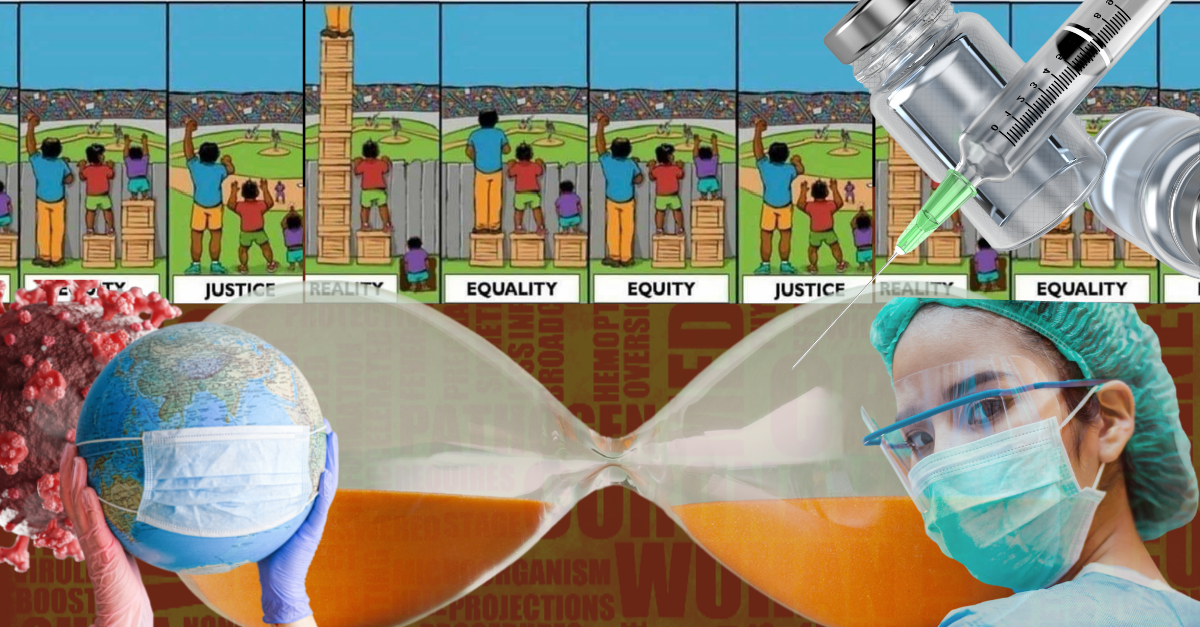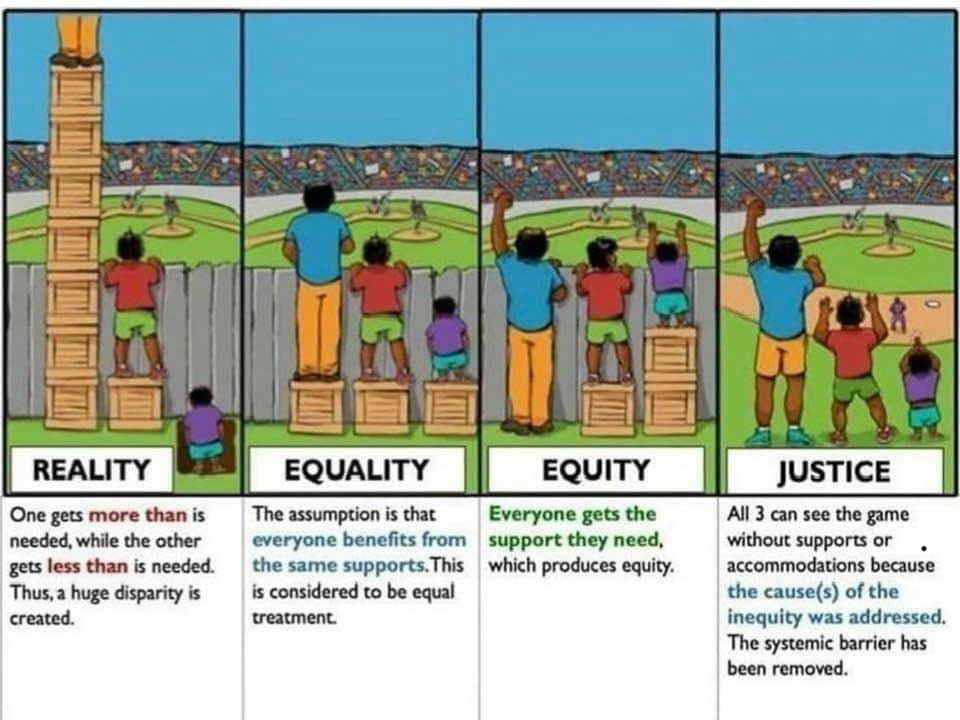


This is an open letter to community health champions working across the system at all levels. Whether you are working in a local community health center or designing programs at the national level, the pandemic has forced leaders to think creatively to serve Canadians.
We documented the learnings from holding focus groups with community based organizations in our last blog, and have since been ruminating on what’s next for leaders in the sector. We also hosted a reflection series this summer, welcoming leaders to join us to learn how we might take these learnings and help transform how we approach public health in our next normal.
We say the “next” normal, because change and transformation is a product of our time. Change may be inevitable, but as leaders do we have the tools to embrace this change? Our current approach revealed that the burden of COVID-19 was not shared equally among Canadians, and this isn’t unique to the pandemic. Research has shown that social and economic conditions are inextricably linked to health and an individual's ability to access health services that work for them.
To address these systemic challenges, we need to think differently about how our systems are organized and designed to tackle inequity and steward social justice. This extends beyond how we communicate and connect with systematically oppressed groups - it must be embedded into how we connect as a sector and design the system of tomorrow.
The social determinants must be centered in our community health agendas:
Without a system’s approach, we are unable to address the social determinants that are at the root of inequity in our healthcare system. The socioeconomic realities of Indigenous communities and equity-deserving groups impact their access to care, influence the chances of underlying health conditions and impact self-care or care seeking behaviors. These realities became undeniable during the pandemic, and will continue during recovery. For example, racialized communities in Ontario have had disproportionate experiences of COVID-19:
These are issues that are beyond the realm of one system or sector. They require cross-sector policy and institutional leadership which needs to start at the community level.
- Ontario neighbourhoods with the highest ‘ethnic diversity’ rates had the most detrimental COVID-19 outcomes. When compared to the least diverse neighbourhoods, they had higher hospitalization rates (4x higher), higher intensive care unit (ICU) admission rates (4x higher), and higher death rates (2x higher);
- In Toronto, racialized communities account for 79% of COVID-19 cases while representing 52% of the city’s population.

As we approach election day, we are thinking alot about how we move forward and endeavour to emerge from these 18 months as a more connected, resilient community health ecosystem?
Participating in systems and policy change need not be outside of our reach as non-profit leaders and community health champions. In fact, it has never been more important. Health starts in communities, and our community organizations are the best investments we can make in serving the people who need it most.
These conversations have arleady been happening around the world. For instance, in the UK two studies in particular have stated that these organizations are ‘Never more needed’, yet never more stretched. Studies clearly recognize the value voluntary sector organizations can bring to having the relational skills needed to respond to the needs of vulnerable populations.
Over the last year these organizations have built deep trust and further established networks and relationships across Canada. Now is the time to further invest in this work, and ensure we build on this momentum and trust built.
Public health shouldn’t feel like a solo sport, yet professionals that attended our COVID Comms Network office hours last year reported feeling siloed and overwhelmed.
We are bringing together leaders across public health to strategize, build community-led evidence, and break down silos. After hosting multiple consultations, office hours, and focus groups over the last 12 months, we have convened a community health advisory board to tackle this work and dig deeper into these questions. We will announce this team soon and hope to continue hosting open conversations with our growing community!
Organizations and public health leaders can connect with our growing community network using this form.